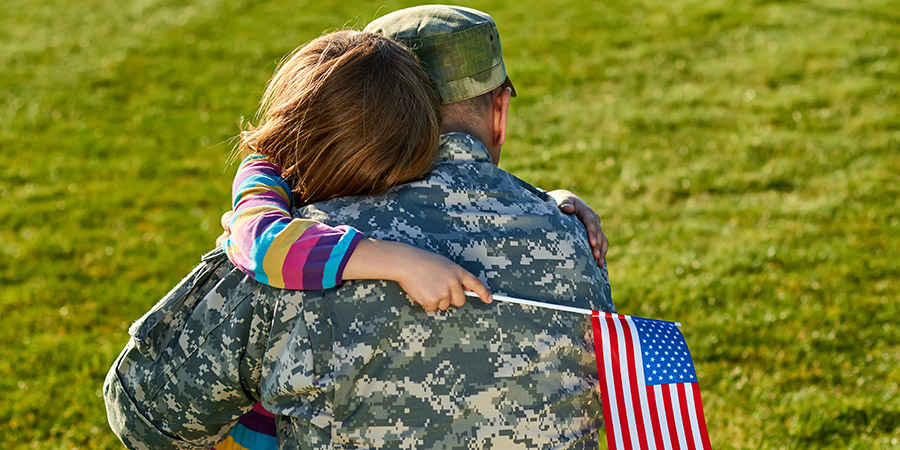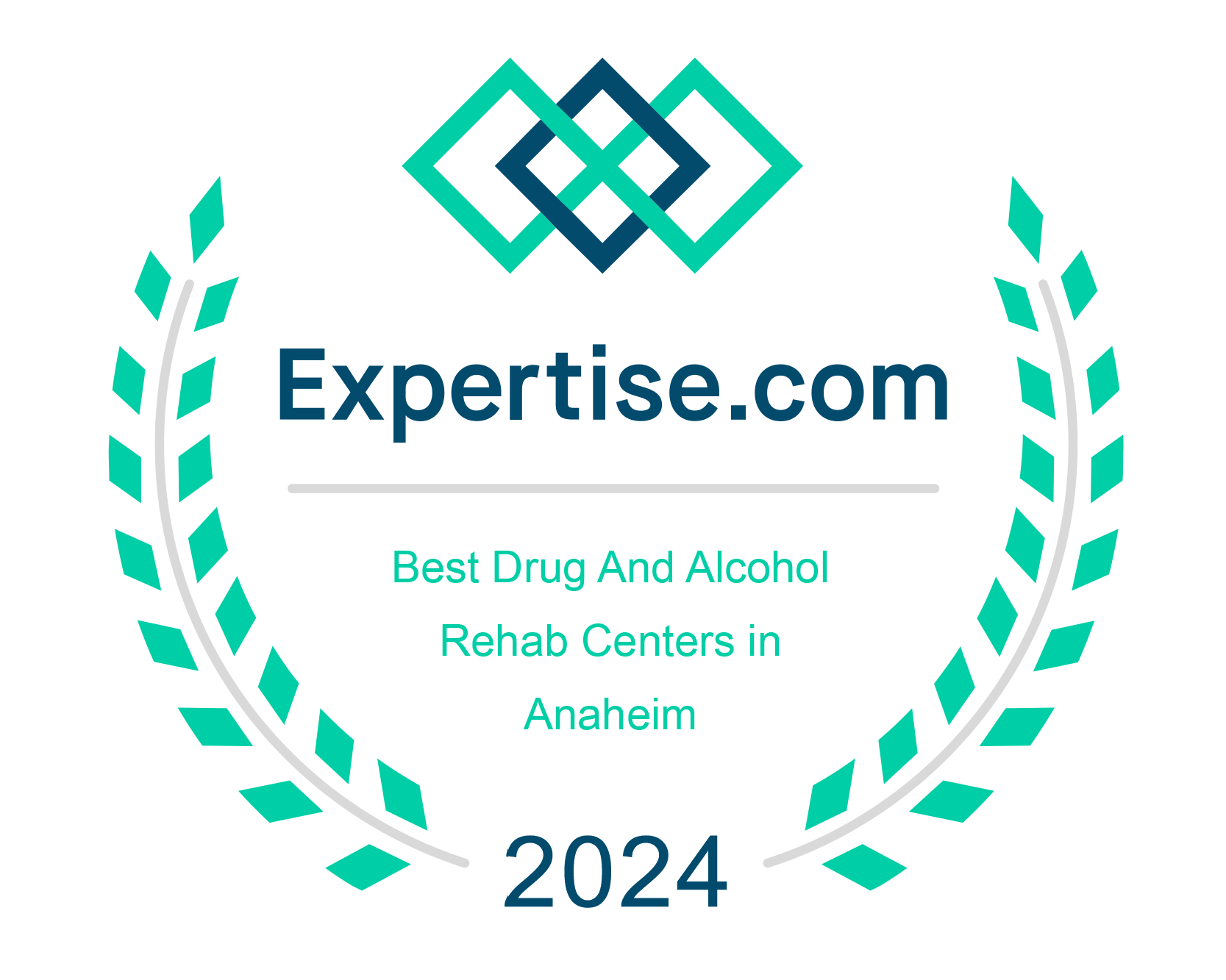Veterans are among the people that are most likely to suffer from a substance abuse disorder, including opioid addiction. Research indicates that veterans are not failing addiction treatment programs, but rather not getting the type and level of care they need. In other words, addiction treatment programs are failing our veterans.
A Rise in Veteran Opioid Overdose Deaths
A study released by the American Journal of Preventative Medicine and created through a research group from the University of Michigan and VA Ann Arbor Healthcare System provides some very specific evidence about what’s happening with the veterans that are suffering from addiction, specifically opioid addiction.
The study found that the number of veterans overdosing from opioids of all forms, prescription and non-prescription, has grown by 65 percent from 2010 through 2016. This estimate takes into account the demographic population changes we’ve seen within veteran groups. These figures are a perfect example of the healthcare system failure to our veterans. Additionally, the numbers are very similar to statistics found within the general population. Therefore illustrating the failure to properly treat opioid use disorder in all populations.
Increased illicit Overdose Deaths
The study found that the rise in overdoses is due to the number of people using heroin, fentanyl, synthetic opioids of other forms, or those using several types of drugs at the same time. The researchers also found that the number of people overdosing from prescribed opioids, such as those prescribed for pain relief, has remained level. Other statistics show that Methadone overdose deaths have significantly fallen, which does not mean people got treated, quite the opposite. Sadly enough, many patients on long-term Methadone maintenance find their way to illicit street drugs. Although Methadone is a common drug used to treat opioid use disorder, it is an extremely addictive opioid.
The research continued to look at the data to determine what was occurring specifically to veterans. They found that the number of veterans who received a pain prescription a year prior to their opioid overdose had fallen significantly from 2010 through 2016. However, the drug addiction interventions that veterans received are often linked to just those receiving prescriptions. In short, there’s a great deal of aid missing here. Those who need interventions the most, are simply not getting it.
Consider Who Is Dying from Overdose
To get a better idea of what’s happening, consider these facts.
- In 2010, about half of the veterans who overdosed and died from opioids had filled a prescription for the medication in the three months prior to their death.
- Also in 2010, about two-thirds of those veterans had filled a prescription for opioids within the last year.
- In 2016, about 25 percent of those who overdosed from opioids had filled a pain medication prescription in the prior three months.
- Then in 2016, about 41 percent had filled such a prescription for opioids in the last year.
- In 2010, 14.47 people per 100,000 people in the U.S. died from opioid overdoses.
- In 2016, 21.08 people per 100,000 people had died in the U.S. from opioid overdoses.
It’s also important to note the non-prescription deaths from opioids. During the 2010 to 2016 timeframe, the number of people who died from a heroin overdose quintupled. During the same timeframe, those taking fentanyl or other synthetic forms of opioids grew by five times the amount.
Why Do Veterans Need Opioids?
There are numerous reasons why veterans turn to opioids. In some situations, these men and women are coming back to the U.S. with an incredible number of physical injuries. They quickly become dependent on the prescription drug that they were given for pain management. Although these drugs are a major aid in helping veterans get through their pain, many of them become addicted.
In other words, even if the pain improved – and in some cases, it did not – veterans still needed the prescriptions. They were suffering from the consequences of their original injuries and from the side effects of opioids. Adverse opioid effects such as hyperalgesia and withdrawal symptoms make it impossible to discontinue the use of these medications. Physical dependency and all its effects take over these patients’ lives.
Now, if war injuries were not enough, we should also consider that a large number of these men and women in the military are also suffering from deep emotional distress. For some, addiction to opioid drugs stems from an underlying mental health issue. Often, that arises from what they’ve seen, experienced, done, and remembered from their time at war.
Veterans and PTSD
Mental health concerns among veterans are ever-increasing. Men and women with or without a predisposition towards anxiety and depression often exhibit signs of these conditions when they come home. Yet, there may not be any more dominating factor here than the development of post-traumatic stress disorder (PTSD) in veterans.
The U.S. Department of Veterans Affairs doesn’t hide this information. Of the veterans who served in either Operation Iraqi Freedom or Enduring Freedom, between 11 and 20 percent of them suffered from PTSD in any given year. Within the Gulf War, also known as Desert Storm, about 12 percent of veterans who participated suffered from PTSD in any given year since that time. In the Vietnam War, about 15 percent were diagnosed with the condition previously, and across their lifetime, about 30 percent of them experienced PTSD at some point.
The key here is that many people who have been to war or served the U.S. in some way have underlying mental health disorders. If those disorders are not treated, no amount of addiction treatment will help them because the two are so intertwined. A comprehensive approach that deals with both the mental health and addiction aspects of the veterans’ needs is necessary. However, that is exactly what is not happening throughout most addiction treatment programs provided to these men and women.
What Needs to Change Across Addiction Treatment for Veterans?
There are many facets of change necessary to help veterans with addiction. The key here is that a comprehensive approach becomes necessary in nearly every situation.
VA Addiction Treatment Changes
One key area of focus must be from the way the Department of Veterans Affairs treats veterans. As the largest provider of treatment for substance abuse in the U.S., the VA needs to make changes to address the unique needs of veterans. Greater access to care continues to be a problem for the VA; Getting that care, getting the right type of care, and getting care fast enough are all ongoing concerns. In doing so, it may become possible for the VA’s healthcare team to screen for opioid use disorder and provide accessible medical detox which greatly reduces the risk of addiction.
Reaching Veterans in New Ways
Another area of concern is overdose prevention. While treating addiction is a service available through the VA, preventing overdose isn’t as easy. It has become necessary for the VA to expand the access to treatment for opioid use disorder to those who are at a critical level of need. This may mean reaching out to veterans, making appointments more accessible for medical and mental health care, while working ahead of the curve in identifying risks.
Linking Mental Health and Addiction Care
When a person enters addiction treatment, he or she may go through a detox program. They may spend some time in a residential program learning how to avoid the use of the drugs or alcohol they’ve become attached to. The same occurs with veterans. They are then able to walk about from the facility sober.
Yet, these programs do not always offer treatment for the underlying cause of the addiction. That may be pain medication use, but it may also be the result of undiagnosed or untreated mental health conditions, including PTSD. If opioid treatment for veterans does not address these mental health challenges with real, authentic methods for helping them to get through those instances, veterans will continue to relapse.
Relapse increases the risk of overdose. That is why opioid treatment for veterans needs to dig deeper to provide a comprehensive treatment program addressing all their needs.
Meeting the Unmet Need
The men and women fighting to protect the rights of everyone in the U.S. need the very best care. They simply are not receiving it. Increasing access to opioid treatment for veterans is necessary. Additionally, both the quality and quantity of that care must improve to give them the best chance at long-term recovery. Improving outcomes also means addressing the underlying mental health needs of these individuals. Only then, can veterans restore their quality of life.
WAISMANN TREATMENT™ for Veterans Addicted to Opioid Drugs
With the Waismann Treatment, the priority is to provide people with the best quality of life possible. We give each patient individualized care to help them heal, restore, and transform their lives.
We do that through listening and understanding each individual. Waismann Method® and Domus Retreat Recovery Center provide a highly personalized, nurturing, and effective treatment program. We don’t require people to share accommodations or discuss their private issues with strangers. Thanks to our small size, we can provide our veterans with the qualified professionals, attention, and individual care they need.
Having a compassionate, capable, and educated team of professionals allows us to help veterans receive the reliable support they need through opioid and alcohol detox. If you or a family member is dealing with opioid use disorder due to physical or emotional pain, call us today. Let us discuss your needs, wishes, and possible options. Medical detox can be the beginning of a healthy journey.



















